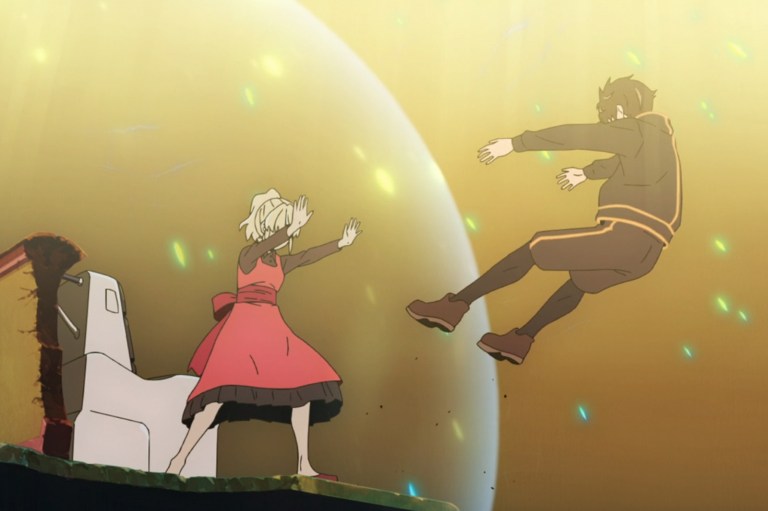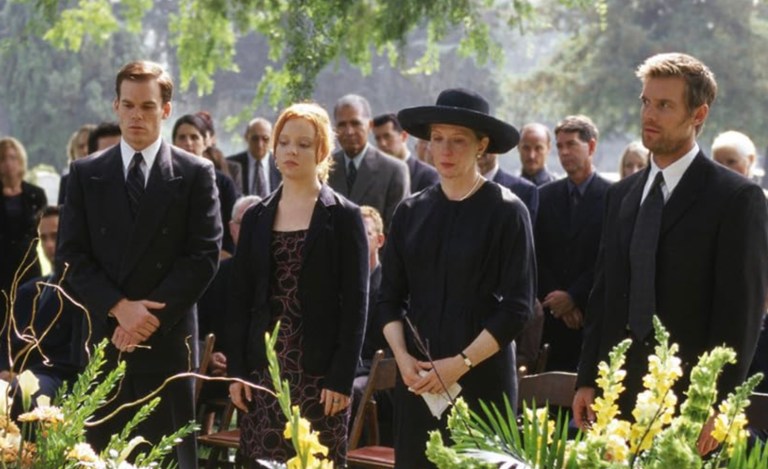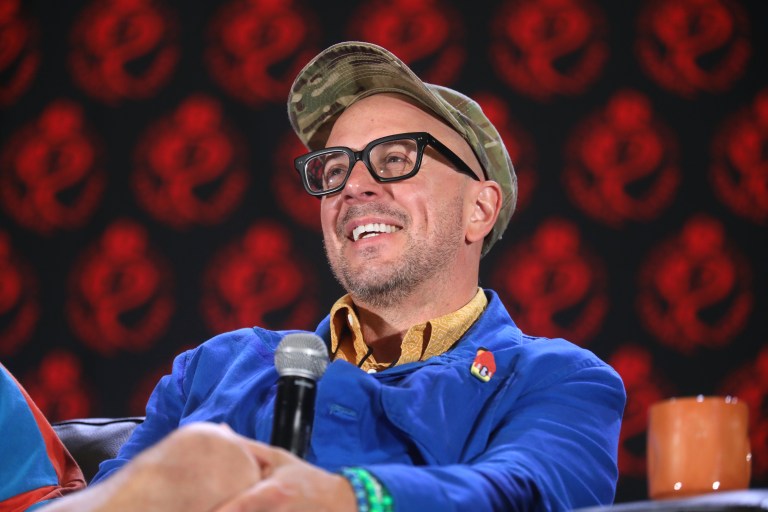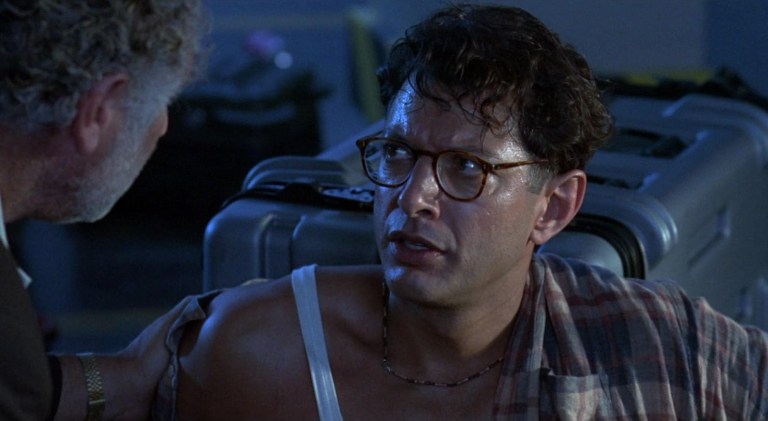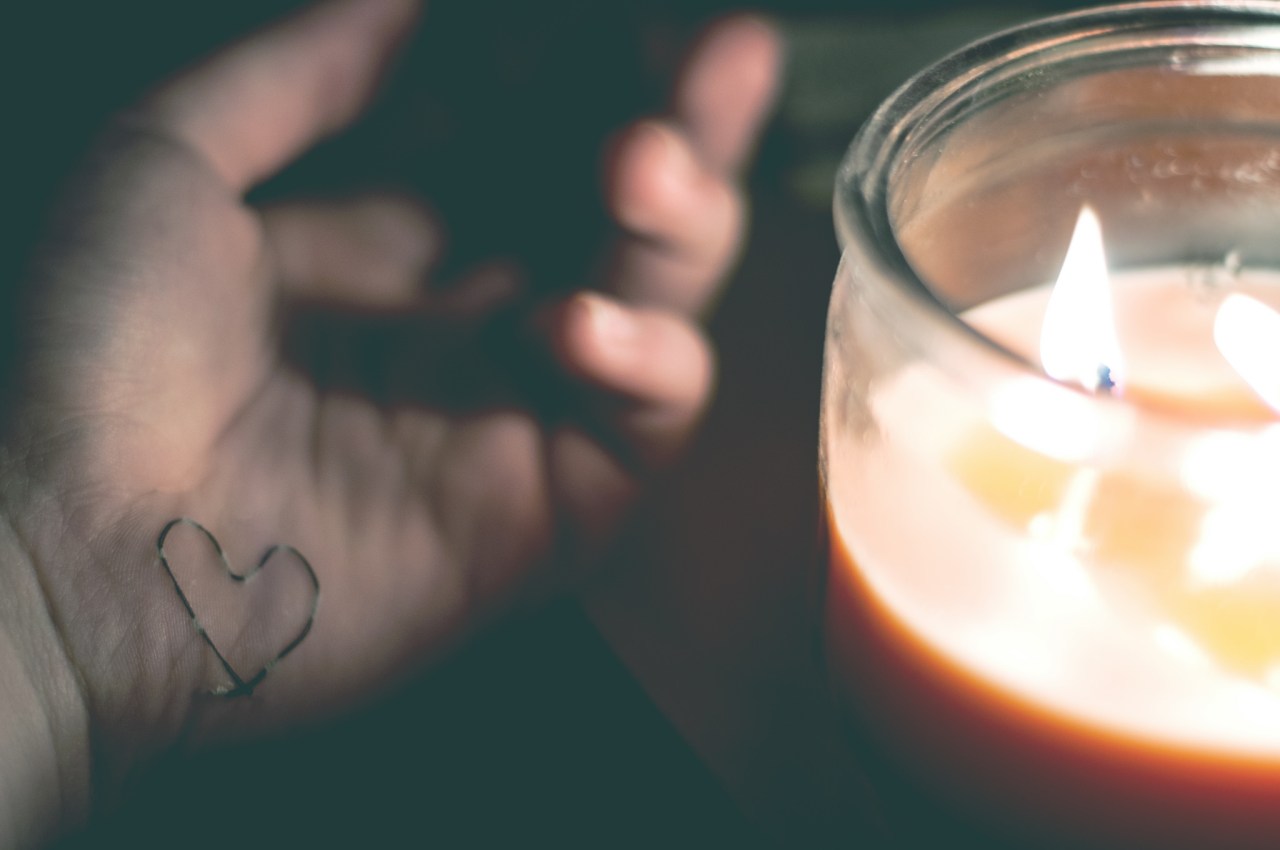
7 Important Lessons You Can Only Learn From A Failed Relationship
If you’re blaming past relationships for your emotional baggage, don’t, because the time spent on a failed relationship was not time wasted.
By ![]() Mo Seetubtim
Mo Seetubtim
We blame past failed relationships for emotional baggage that we have today — fear of heartbreak, wasted time, energy, and emotions.
We all look at failure — be it in love or in business — as a negative thing. But if we turn the glass around and look at it from another perspective, all these failures are essential and are the springboard to the success we have today.
Here are what you learn and why you should embrace them:
1. You learn more about yourself and your life.
Only when you get so close to someone in a serious relationship do your true personalities really come out. These personalities don’t come out as strongly with friends because you don’t spend as much time with them — and you don’t have emotional expectations as great as you would with a serious boyfriend or girlfriend.
This really makes you learn about life in terms of people, mannerism, personality traits, core values, and attitudes towards the world.
If you have a boyfriend or girlfriend who is very similar to you, what you learn about them is like a reflection of yourself that you wouldn’t normally realize on your own.
If your boyfriend or girlfriend and you are very different, then the clashes and frustrations caused will also help you learn about yourself, your strengths and weaknesses, likes and dislikes, preferences, and compatibilities.
2. You learn to be a better communicator and to be more expressive.
Relationships teach you to be more expressive especially if you normally are not.
A relationship is made of two people – we are not mind readers. Unless you’re lucky to be dating someone whom you can see eye to eye with on most things, then you can sense what the other person is feeling or thinking. But even so, there are always things you need to communicate and explain so that the other person understands you better and you both can make it work.
A failed relationship teaches you that communication is key to understanding. And understanding is the key to life.
Without communication made clear and correctly understood by both sides, arguments and agitation are likely to occur. Over and over this results in one or both parties feeling like they are not being valued, appreciated, or cared for — even though sometimes it’s unintentional.
3. You discover the emotional side of yourself.
Being in a relationship and letting someone into your life takes both courage and strength.
Letting yourself become emotionally vulnerable can make you feel so weak that you become strong.
It’s hard to really discover and understand who we are — our passions, our strengths and weaknesses, likes and dislikes, the way we think, and our own beliefs and core values — let alone discovering the emotional side of ourselves.
When we’re in a relationship we become so vulnerable emotionally that we realize what makes us feel whole, what completes us emotionally, and what fulfills our self-esteem and self-confidence from the inside out.
What kind of love makes you feel loved?
Everyone has a different definition and expression for love.
And if two people with different definitions and ways of expression for love come together, they can feel unfulfilled because there’s always something lost in translation between the two.
Some people show love through giving and receiving material things. To some, love equates security. Some crave affection.
Whatever love means to you, you’d only discover what it is that makes you feel loved from a partner by being in a relationship. And if you’re lucky, you only have to go through one. But for most of us it takes several relationships to discover one that fits us perfectly.
4. You learn the value of giving and taking.
Compromising can mean a lot of work especially for people growing up independently. To some, it’s second to nature especially if you grow up in a big and close-knit family.
There is chemistry — and there is compatibility.
The two don’t always come together equally.
- If the chemistry is higher than the compatibility level then there’s a lot of compromise — from the way you look at the world and understand things, what you believe in, to taste in music, food, and lifestyle choices.
- If the compatibility is higher than the chemistry, then there’s a lack of passion and boredom occurs.
In a relationship, you learn the value and the art of give-and-take. We as humans are selfish and it takes willpower to be able to give and take when the level of difference and incompatibility is high.
When it’s too much to handle you realize that this whole give-and-take thing is coming to an end. It’s not going to work. The compromise cannot be compromised anymore.
5. You become more empathetic.
When you love someone their happiness affects yours — you want the other person to be happy, too.
Without realizing you start putting yourself in the other person’s shoes. You become less selfish. You try to understand him or her. You try to make it work. You become more empathetic.
If you had not been in a few relationships, you would not know what it feels like to care for someone so much (besides family) that you try to understand them rather than satisfying your own needs, or to feel the emotional intensity of transferable happiness.
When a relationship fails, it’s when empathy becomes too much to handle. You no longer try to understand the other person. No longer does your own happiness increase when the other person’s level of happiness increases. You might feel as if the emotional and mental compromise for your partner’s happiness is starting to kill you. But nonetheless this has taught you a valuable emotional lesson — you’ve learned what it feels like to really have your happiness correlated to the other person’s happiness.
6. You learn to be patient, calm, and resilient.
Relationships also teach you to be able to control your emotions in a better way.
If your partner is hot-tempered you learn to become calm, patient, and resilient in order to handle the flame.
If you are hot-tempered yourself then you learn to control your emotions and to pause before telling your partner off, yelling at them, or becoming abusive and aggressive.
Either way, the time spent in a failed relationship was not wasted. You’ve learned to control your temper, mood, and emotions — which is indeed a valuable skill to master in life.
7. You learn to let go.
This quote is often (falsely) attributed to Marilyn Monroe, but whoever actually said it, did so beautifully.
In life, you can have it all in life but “not all at once.” You have to let one thing go to let a better thing come in. You can’t dwell on the past if you want to work on the present and move towards the future.
When things don’t feel right, let it go so that better things can fall into place.
Learning to let go is hard — you learn to control your thoughts, your mind, your emotions, and your actions. Over and over your mind is trained and your willpower is strong. You can let things go more easily as time comes because you’ve learned how to manipulate your own mind.
If you’re blaming past relationships for your emotional baggage, don’t, because the time spent on a failed relationship was not time wasted.
You’ve learned some valuable skills in life from every failure.
Take it in — connect the dots — and move on. ![]()

